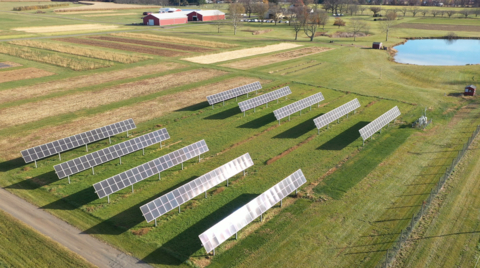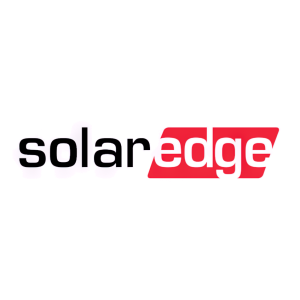Rutgers University Selects SolarEdge Technologies for Its Agrivoltaics Research and to Assist the Development of the New Jersey’s Dual-Use Solar Energy Pilot Program
Outcomes from the Rutgers Research Program will be used to inform the establishment of the Dual-Use Solar Energy Pilot Program that will be administered by the

Snyder Research and Extension Farm in
Rutgers research will assist the Dual-Use Solar Energy Pilot Program that will be administered by the NJBPU. The pilot program is a three-year, 200 MW agrivoltaics initiative with the goal of exploring the feasibility and benefits of agrivoltaics. The pilot program is a collaborative effort including the NJBPU, the New Jersey Department of Agriculture, the State Agricultural Development Committee, the New Jersey Department of Environmental Protection, and the Rutgers Agrivoltaics Program. The results and data from the research program will be used to inform the establishment of a permanent Dual-Use Solar Program in
-
Rutgers Animal Farm in
New Brunswick has vertically mounted bifacial panels and will be used for the production of forage crops and beef cattle grazing (170 kWDC installed and grid-connected) -
Snyder Research and Extension Farm in
Pittstown has single-axis trackers and will be used for hay production (94.5 kWDC installed and 82.4 kWDC grid-connected) -
Rutgers Agricultural Research and Extension Center in
Bridgeton has single axis trackers with both single-wide and double-wide rows of panels and will be used for the production of vegetable and staple crops (255 kWDC installed and 48.6 kWDC grid-connected)
At each site, the research will evaluate electricity output, using Module Level Power Electronics (MLPE) for the measurement and analysis of energy production.
“Agrivoltaics is a fast-growing and hugely exciting sector that provides a solution for many of the business challenges that farmers are facing today – from managing rising energy costs to moving to more sustainable production. However, we are still at the start of this journey. The aim of our research is to develop knowledge that will help to establish practices that can help improve both the sustainability and viability of farms through safe and regulated adoption of solar energy. We are excited to be working with SolarEdge to achieve these goals,” said Margaret Brennan-Tonetta, Director for Resource and Economic Development and Senior Associate Director of the New Jersey Agricultural Experiment Station.
Bertrand Vandewiele General Manager of SolarEdge in
Farmers are able to move to more sustainable and profitable production without substantially reducing space for growing crops – in fact agrivoltaics can potentially boost the production of certain shade-tolerant crops by providing protection from direct sunlight, while the cooler temperature below the panels reduces water evaporation. Meanwhile, the end consumer can feel good about choosing produce from sustainable farms. Through this collaboration with Rutgers University, we look forward to playing our part in helping to advance the adoption of more sustainable and profitable farming practices.”
END
About the Rutgers Agrivoltaics Program:
The Rutgers Agrivoltaics Program (RAP) is a multidisciplinary group of Rutgers faculty and staff committed to designing and conducting the applied agrivoltaics research and outreach necessary for
Please visit https://ecocomplex.rutgers.edu/agrivoltaics-research.html for more information. For media inquiries or more information about the Rutgers Agrivoltaics Program, please contact Dave Specca, RAP project lead, at specca@njaes.rutgers.edu.
About SolarEdge
SolarEdge is a global leader in smart energy technology. By leveraging world-class engineering capabilities and with a relentless focus on innovation, SolarEdge creates smart energy solutions that power our lives and drive future progress. SolarEdge developed an intelligent inverter solution that changed the way power is harvested and managed in photovoltaic (PV) systems. The SolarEdge DC optimized inverter seeks to maximize power generation while lowering the cost of energy produced by the PV system. Continuing to advance smart energy, SolarEdge addresses a broad range of energy market segments through its PV, storage, EV charging, batteries and grid services solutions. Visit us at: solaredge.com.
______________________________
1 According to the National Renewable Energy Laboratory
View source version on businesswire.com: https://www.businesswire.com/news/home/20240630118990/en/
Press
SolarEdge Technologies, Inc.
Lily Salkin Global Public and Media Relations Manager
Lily.salkin@solaredge.com
SolarEdge Technologies, Inc.
Dana Noyman Head of Corporate Communications and Global PR
dana.noyman@solaredge.com
Investor
JB Lowe Head of Investor Relations
investors@solaredge.com
Source: SolarEdge Technologies, Inc.







